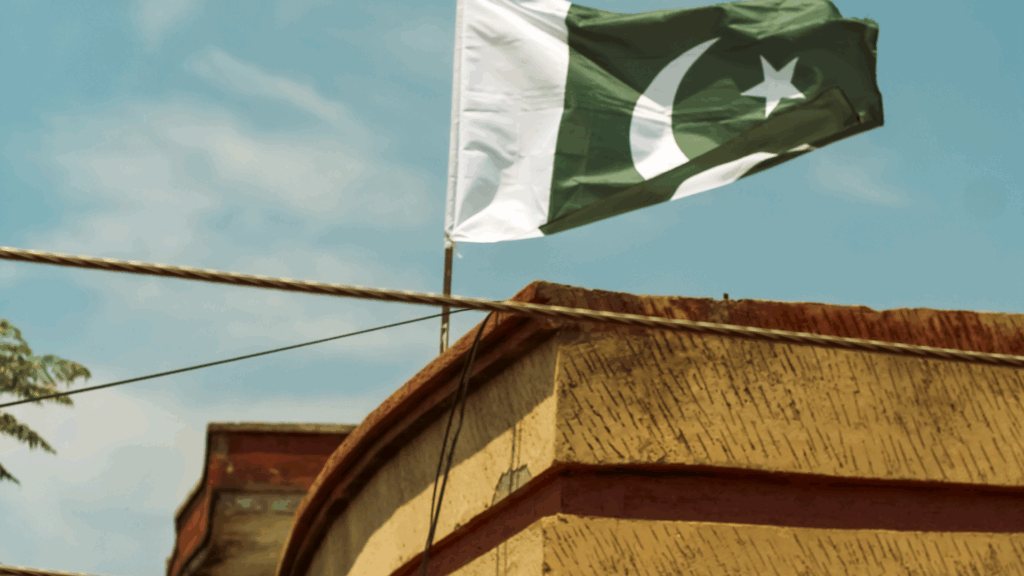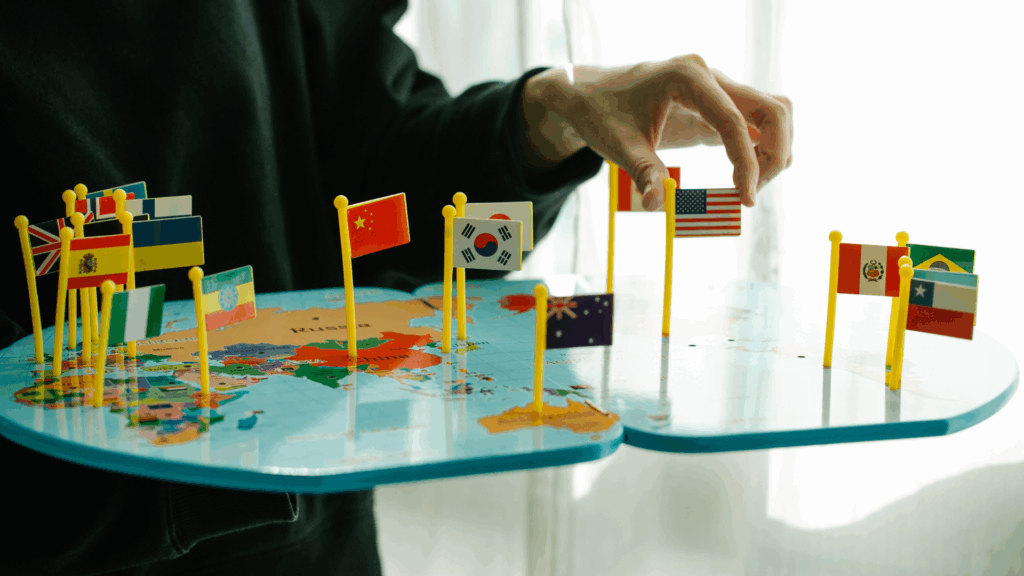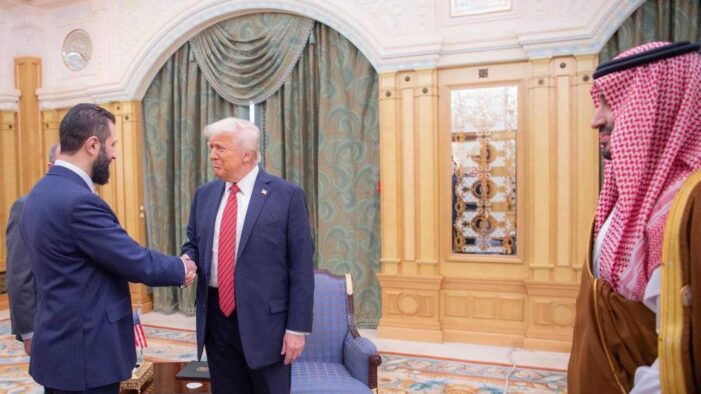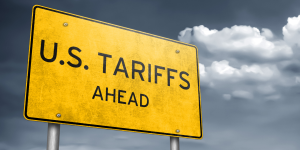New Delhi: 15 May, 2025
By ICTpost Editorial Desk
In the volatile world of international diplomacy, strategic interests often trump moral clarity. But recent developments have raised uncomfortable questions about the limits of pragmatism, especially when world powers appear to cozy up to regimes and actors once considered pariahs in the global war against terrorism. U.S. President Donald Trump, a looming force in global politics once again, has in recent days made headlines for a series of controversial diplomatic overtures that are sending ripples across South Asia and the Middle East.
A Bailout for the Wrong Reasons?
First, there was the surprising move to support Pakistan—a country that has long been accused of nurturing Islamist extremism within its borders and exporting it beyond. Despite its deep-seated links with militant groups, Pakistan received a lifeline from Washington as Trump championed a financial bailout. While officials claim this move is meant to stabilize a nuclear-armed nation and prevent economic collapse, critics argue it sends the wrong message: that countries with a track record of double-dealing in the fight against terror can still count on Western support when the chips are down.

The duplicity has not gone unnoticed. Osama bin Laden was found and killed in Abbottabad, a stone’s throw from Pakistan’s military academy. To many, this bailout feels like déjà vu—a reminder that short-term geopolitical calculations often override long-term concerns about global security.
Bangladesh: An Ally in Trouble
Just across the border, Bangladesh is grappling with its own demons. What was once hailed as a rising economic success story is now facing a worrying slide into Islamist radicalism. Attacks on secular bloggers, increasing intolerance against minorities, and violent street protests by hardline religious groups have sparked concerns among rights groups and policy watchers alike.
And yet, the International Monetary Fund (IMF), with strong backing from the U.S., has approved a fresh $1.3 billion loan package to Dhaka. The stated goal is to stabilize the country’s economy and help it manage external shocks—but the timing raises eyebrows. The government of Prime Minister Sheikh Hasina has been accused of increasingly authoritarian tendencies, curbing dissent, and allowing extremist narratives to grow unchecked under political patronage.
Here again, realpolitik seems to outweigh principle. Washington’s willingness to continue supporting Dhaka—without firm conditions on democratic reforms and counter-extremism efforts—may end up enabling the very instability it seeks to prevent.
The Syrian Puzzle
Perhaps the most controversial development came when Trump met with Syria’s de facto ruler—a man still designated as a terrorist by both the United States and the United Nations. Bashar al-Assad, whose regime has been linked to years of brutal civil war, chemical attacks on civilians, and alliances with jihadist militias, was once a global outcast. That Trump would even consider a dialogue with Assad raises troubling questions about the evolving standards of international legitimacy.
Supporters of the meeting argue that any effort to end the suffering in Syria, including high-level negotiations, should be welcomed. But critics fear that legitimizing Assad, without extracting any concessions on human rights, accountability, or a pathway to democratic reform, risks whitewashing war crimes and rewarding authoritarianism.
The Cost of Short-Term Diplomacy
Taken together, these developments paint a troubling picture. While diplomatic engagement is necessary—often with adversaries and unsavory actors—there is a fine line between strategic negotiation and moral capitulation. The U.S., under Trump’s renewed influence, appears to be inching closer to the latter.
By offering lifelines to regimes and actors linked with Islamist extremism or authoritarian governance, Washington risks undermining its own credibility. It also weakens the global consensus on counterterrorism and human rights—a consensus that has been fragile but foundational in the post-9/11 world order.

Realpolitik or Recklessness?
In diplomacy, engagement is not inherently wrong. Even bitter adversaries must sometimes come to the table. But what matters is the framing, the accountability, and the message it sends to the world. Today, the signals are murky.
For countries like India, which have long suffered from cross-border terrorism and bear the consequences of unstable neighbors, these developments are deeply concerning. They underscore the need for a more consistent global policy that doesn’t just chase stability at any cost—but upholds the principles that ensure it endures.
As the world watches Trump’s next moves, one must ask: Is this diplomacy of convenience, or the beginning of a dangerous new normal? editor@ictpost.com








